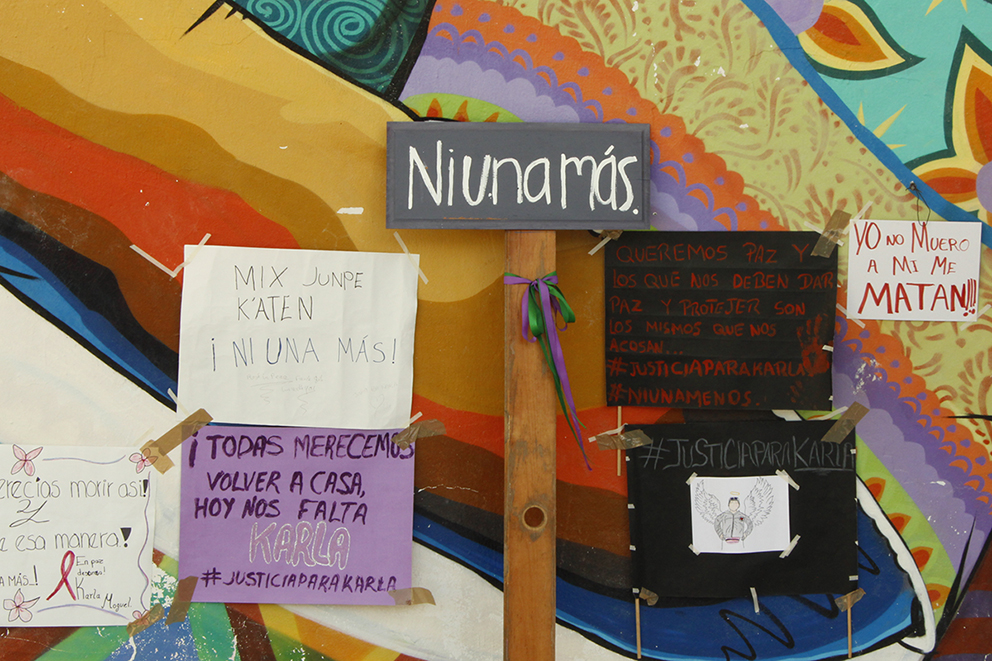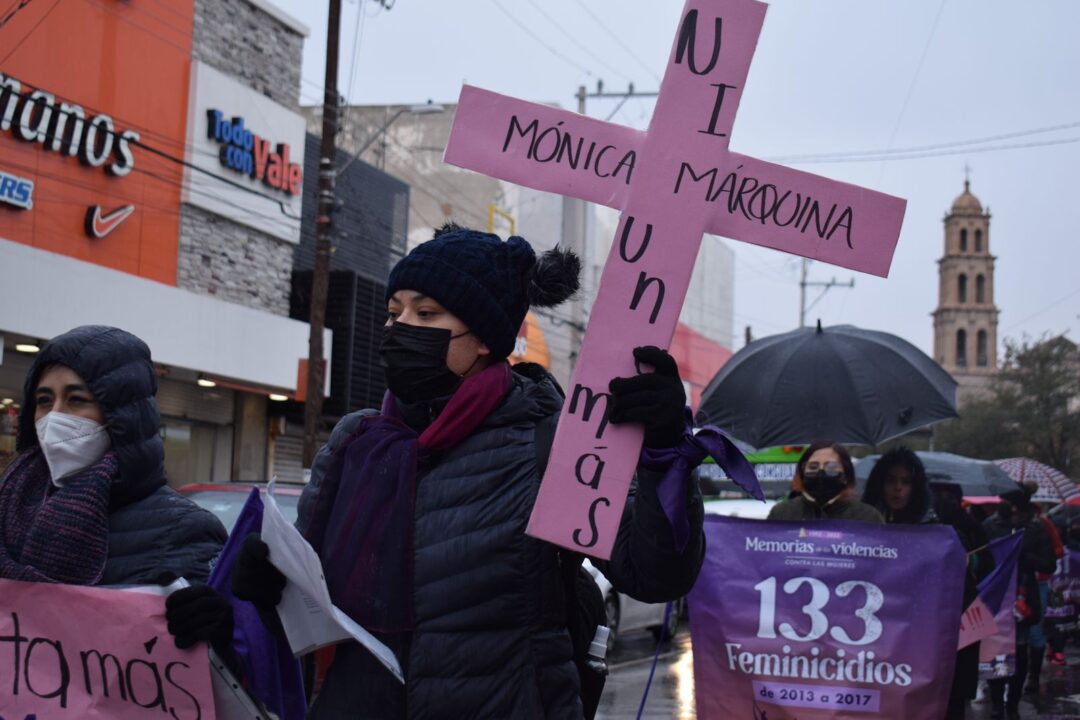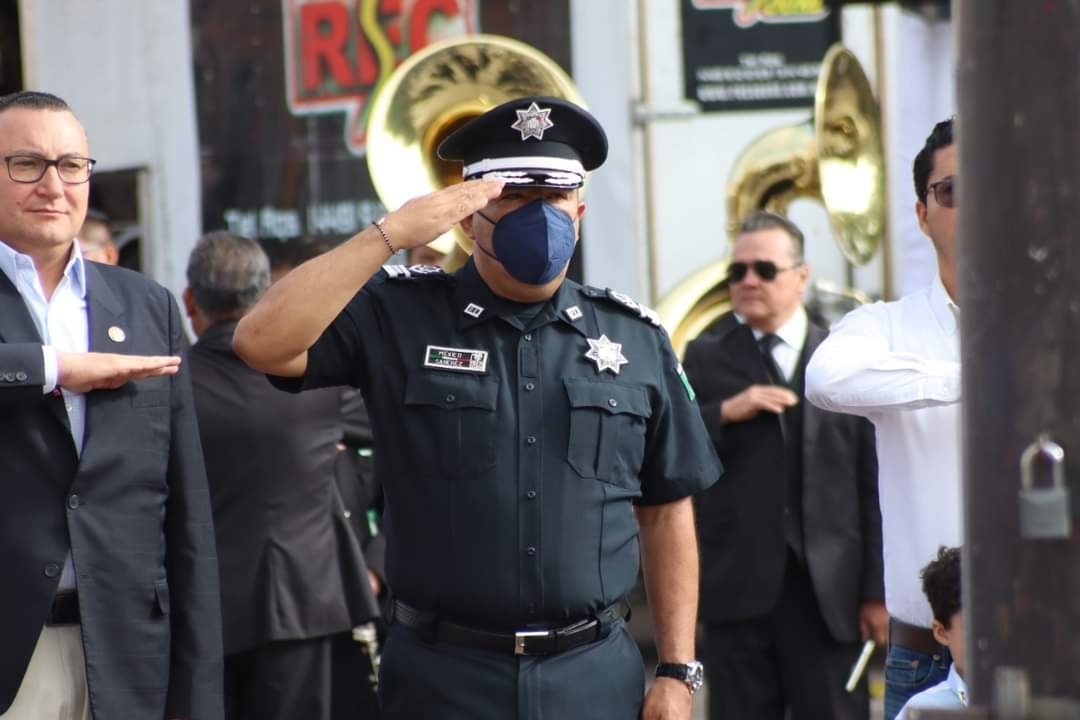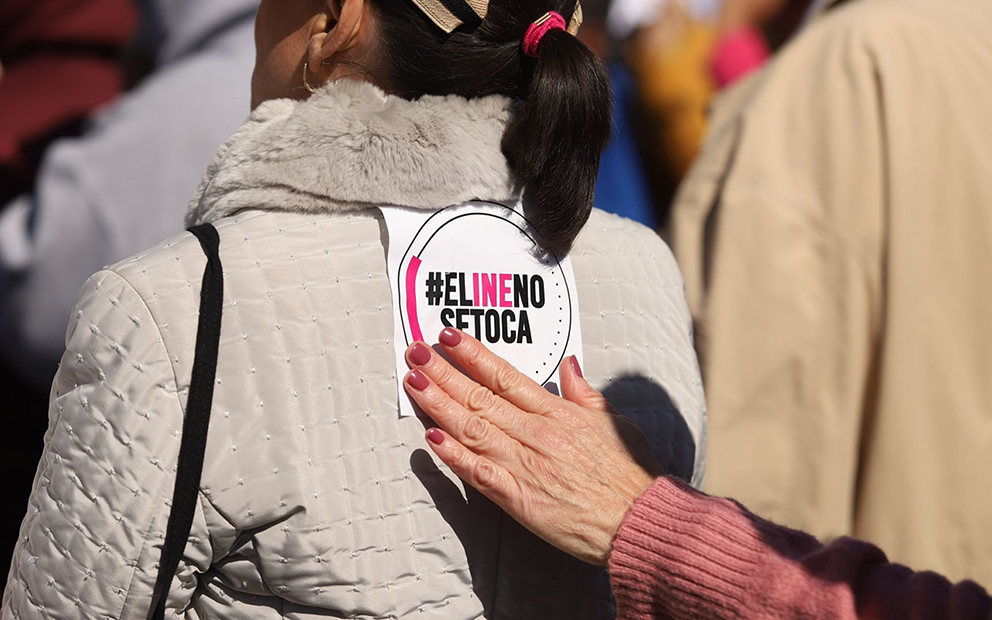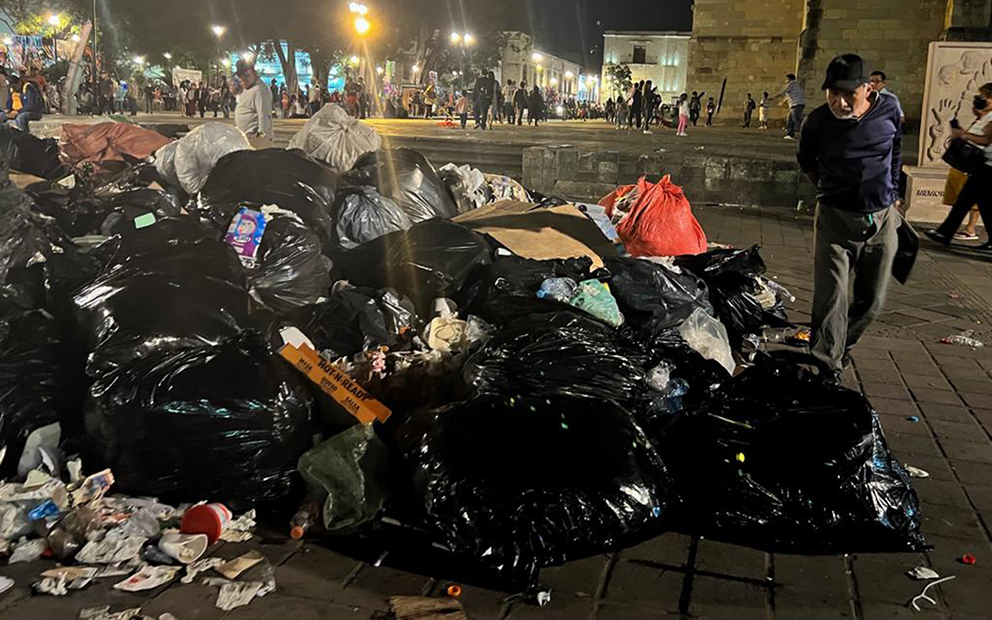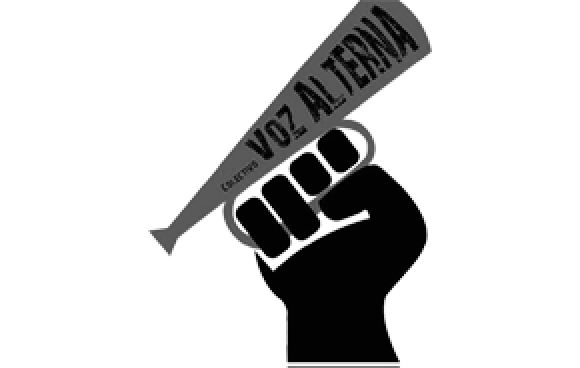The femicide of Karla touched the residents of the island of Holbox, considered the most beautiful in Mexico and Central America. Karla’s family members are demanding justice, and younger women created the Mujeres Holbox collective to organize against harassment, sexual violence and the abuse they face
Text and photos: Katia Rejón, originally published April 16, 2021
Translated by Dawn Marie Paley
QUINTANA ROO.– Karla M. F. was from Progreso, Yucatán, but she had spent the last 11 years as a taxi driver in one of the most important tourist destinations in the region, a “paradise” located between the Caribbean Sea and the Gulf of México. On Friday, March 26th, the young woman went to Punta Ciricote to pick up a passenger, and she never came back. She was found the next day in the sea, with signs of violence on her face. It was the first femicide registered on the island.
“It’s been nine days today, and it feels like yesterday,” said her sister Yolanda C. F. in an interview. She smiles when she talks about Karla: they saw each other every day around town, and they would sit together and drink coffee until dawn. On her neck is a charm that was found on her sister’s body, one of the few belongings they were able to save.
Karla was 29 years old, a mother to a 13 year old child, who she left with her cellphone the last time she was seen alive. “She was an exceptional woman. She did everything for her son, he was her life,” said Yolanda.
That Friday, Karla told her sister, her boyfriend and another friend that she was going to Punto Ciricote, to speak with Roger C. A., who is now charged with femicide. The next day, Karla’s boss went to Yolanda’s house to let her know that Karla hadn’t showed up. Her family and friends went out to search for her. During the hours she was disappeared, no authorities helped with the search.
First, they found her bra on the dock. Her golf cart, which on the island functions as a taxi, was in the water. By the time her family and friends arrived, the police were taking the cart out of the water, and Carlos, Karla’s partner, went around to see if he could see her, but he didn’t see anything. “We came back and I went back through my sister’s cellphone, which my nephew had. I saw that the last call was from Roger, her killer, in the early morning. I asked my nephew and he said he called, that he answered, and Roger told him his mom was working,” said Yolanda.
On Saturday they saw Roger, and they asked him about the last call registered on Karla’s phone. He contradicted himself, but until then Yolanda hadn’t reached any conclusions. A bit later, at noon, her younger sister called to say that they had found Karla’s body 500 meters from where they had found her taxi. “She said, cooly: ‘She’s dead, I’ll pass you Carlos because I can’t talk.’ And Carlos said: ‘They killed her.’ I didn’t know what to feel, even, and I just said ‘No, La Gorda no, La Gorda doesn’t have issues with anyone,’” she recalled.
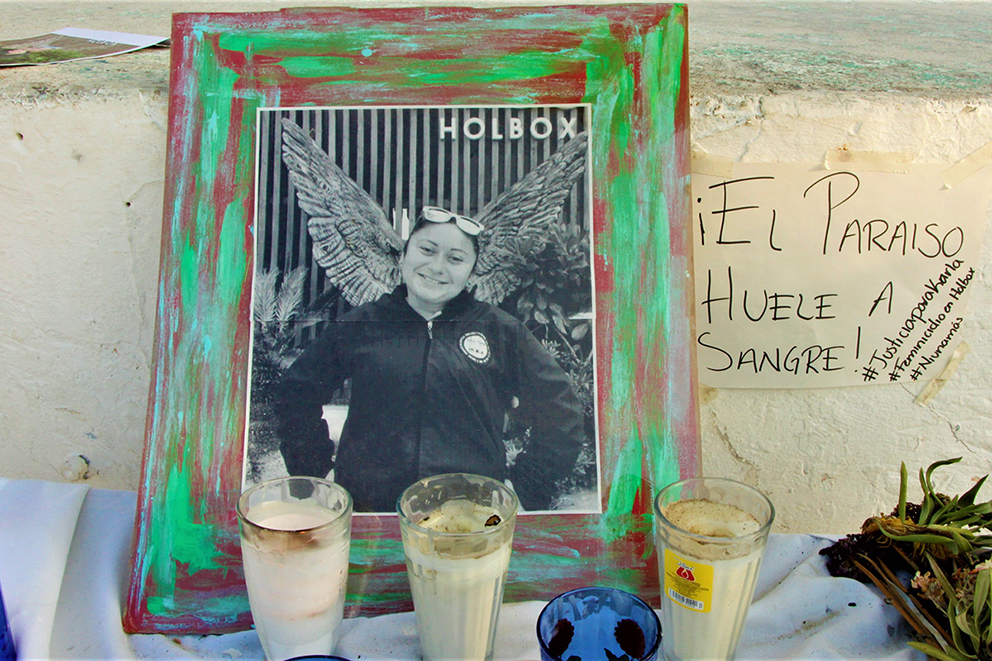
Relationship violence
Roger C. A. arrived on the island of Holbox before the pandemic, in 2019. Within a month he had started an on and off again relationship with Karla, in which he was verbally and emotionally violent to her. He didn’t let her wear makeup and he left marks on her neck “so it would be known she had an owner.”
The same marks were there when they found her body.
Yolanda remembered how they did everything together: at night they would go to see the bioluminescence, when the shores fill up with tiny blue lights; and they did deliveries and ran errands together. Punta Ciricote was their spot: Karla always went there with Roger.
Sometimes she was happy, here, gossiping and he would call her and you could see her face change. Once she arrived and her forearms were all red because he had pulled her, and he told her “Gorda, don’t let this escalate.” Another time, they started to fight, they were yelling, and Karla fought back.
Yolanda, Karla’s sister
Their relationship only lasted five or six months, when the pandemic started she met Carlos, and they decided to live together. On March 15th, the last time Karla spoke with Roger before she was killed, he went to her house drunk to yell at her for starting a new relationship.
The arrest of the killer
Police detained Roger while he was trying to get off the island by boat, on Sunday March 28th. “He was trying to escape, and the judicial police caught him,” said Yolanda.
She didn’t go to the first virtual hearing because she didn’t want to see Roger, not even on a screen. The next day, Lilia Canché, the first lawyer he was assigned, told her he had retained a private lawyer.
“‘Motherfucker,’ I said, ‘I only have a public defender. They’re going to get him out, he’s going to go free.’ But the lawyer told me that no, during the two years of the trial he will be imprisoned. What we have to do is fill out the investigation file so that he can’t defend himself,” she said.
Roger has attempted to change his testimony four times. The last time he tried to say he didn’t know Karla. “I was so upset that I published a photo of the two of them hugging on Facebook,” said Yolanda.
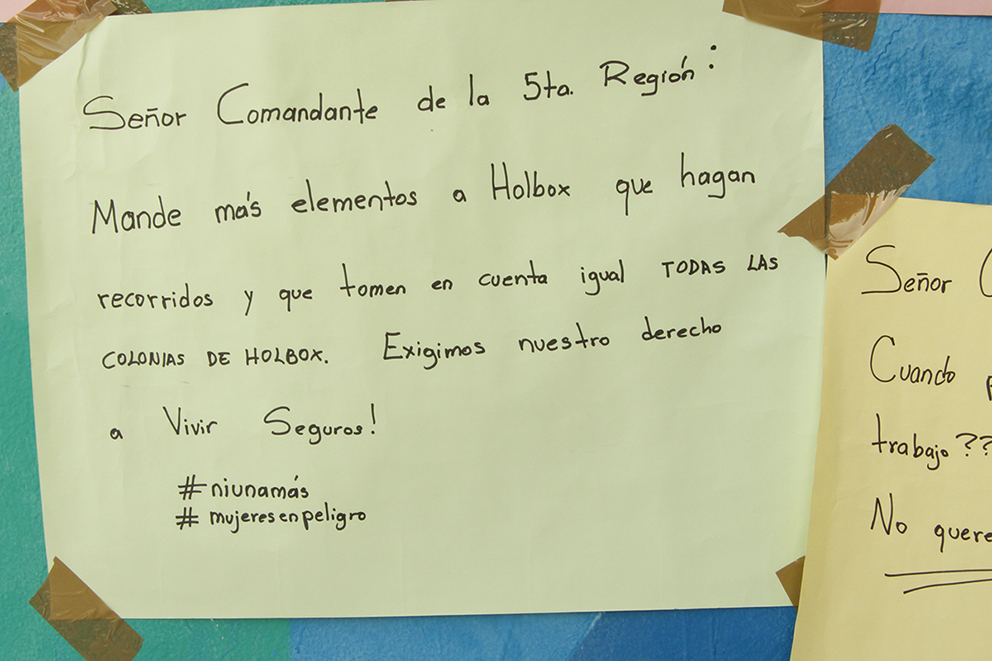
Thanks to the support and the awareness around the case, a lawyer specialized in working with victims contacted Yolanda. Maria Teresa Paredes Hernández is part of the Holistic Legal Strategies International Civil Association, and is now representing Karla’s family. In an interview, she said that Roger is in pre-trial detention and the next step is discovery. According to Quintana Roo’s Penal Code, the accused could face 25 to 50 years in prison.
The first recorded femicide on the island of Holbox
There were 15 femicides in the state of Quintana Roo in 2020, according to data from the Executive Secretary of the National System of Public Security. Karla’s killing is the first on Holbox, a tourist destination recently named the best island in Mexico and Central America by the World Travel Awards. The killing made international and national news, and imprecise information about the victim was published.
“A lot of sensationalist reporting said that my sister’s hands were tied up, that she didn’t have breasts, that she was sexually abused, or found by tourists. It’s not true… It’s not true that there were condoms, or beers, or anything else near the cart,” said Yolanda.
Karla didn’t have alcohol or drugs in her body in toxicological exams, as was published in some media. The indications of violence were especially visible on her face, and the cause of death, according to the autopsy, was asfixia by polytraumatic submersion, which is to say, by drowning.
Carlos and Yolanda pulled her from the water themselves, because after 45 minutes, the authorities hadn’t arrived. There were no patrol cars, just two cops. They were there from noon until 7pm, when Karla’s body was taken away.
The government of Quintana Roo took care of funeral expenses; her union, her neighbours, friends and families also pitched in to help. The Quintana Roo Institute of Women in Kantunilkin, the location closest to Holbox, arrived to do a socio-economic study and offer psychological treatment to her son. The mayor of Holbox, Idelfonso Centina Alcocer, refused to help, saying “he doesn’t get involved in such things.”
Karla was buried on Monday, March 29th. “It’s been a hard week. I went to fix up her house with Carlos, we washed her clothes and she had two work shirts that smelled just like her. I arrived, smelled her, and just filled up my lungs,” she said.
Holbox Women
A week after Karla’s murder, Holbox’s central square is filled with tourists during Easter break. There is an altar with dozens of candles and a photo of Karla smiling, posing as if she had wings. The square is filled with posters demanding justice for the femicide and a cross with the following words: Not One More.
E. C. and other young women from the island convened the peaceful march on March 30th. “Unfortunately, Karla had to be killed for people to react. At least in that moment, because now a week has gone by and they’ve already forgotten,” said E. in an interview.
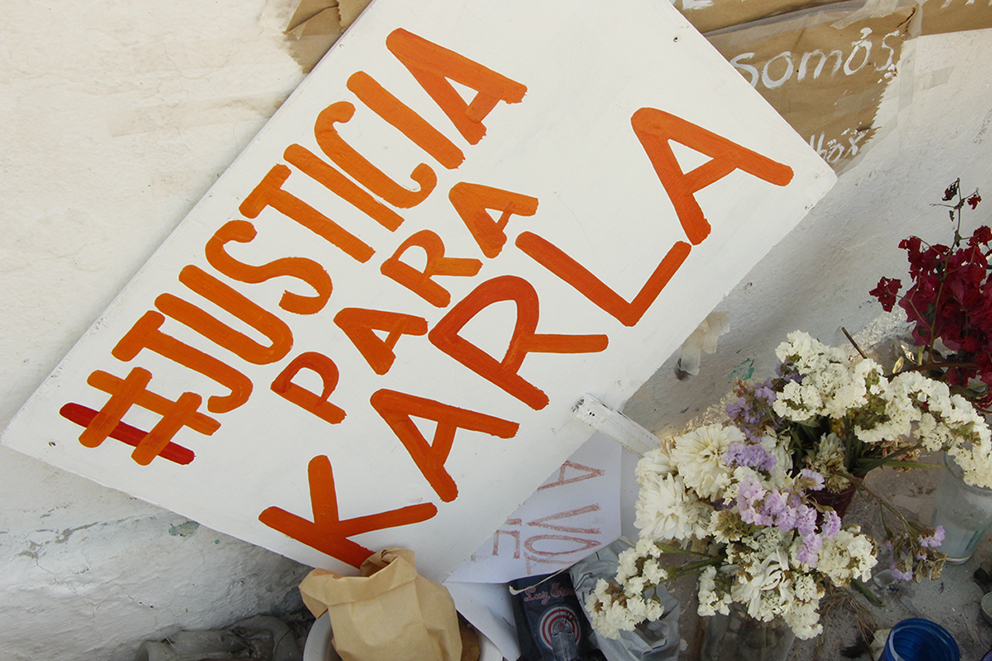
Like Yolanda, the youth that asked to remain anonymous remembered Karla as a fun person, who was nice to everybody. “It feels awful not seeing her in her cab anymore, she was one of those people you saw every day. You couldn’t miss her: she was always in the car with different hairstyles, with her headphones. We miss her,” she said.
Since Karla’s femicide, various women from the island decided to found the Holbox Women collective. They are determined to create a feminist movement on the island, because “behind Karla, there are other women who have suffered harassment, sexual violence and abuse.”
With the collective, the women hope to generate the security they don’t feel from the authorities. “When you go and make a complaint, they don’t resolve anything,” said E. “The police harass our women friends, there is no institution that really supports us.”
The police don’t work
In the posters at the protest, there are complaints that the police don’t patrol the area. One says: “Mr. Commander of the Fifth region, send more police to Holbox so they can patrol and take all the neighborhoods into account. We demand our right to live in safety.”
The population of Holbox in 2019 was 1,131 people, and according to the Tourism Secretariat in Quintana Roo, it is estimated that during Easter of 2021, 12,420 tourists arrived. Regardless, in the streets and the beaches there are few police cars or officers, even in crowded areas.
“They don’t patrol. When we finished our peaceful march, there was a girl in the bushes, crying, with her hair all messed up. The mayor didn’t want anyone to find out, because it was almost Easter,” said Yolanda.
Yolanda and E. both mentioned someone locally is collecting signatures to petition for the arrival of the National Guard. But E. is not sure if more police would help. She says she’s received threats online since she started talking about gender violence in Holbox. “I don’t know if it’s just someone that wants to distract me or if it’s a serious threat, but I’m not going to be silent, for me, and for my family.”
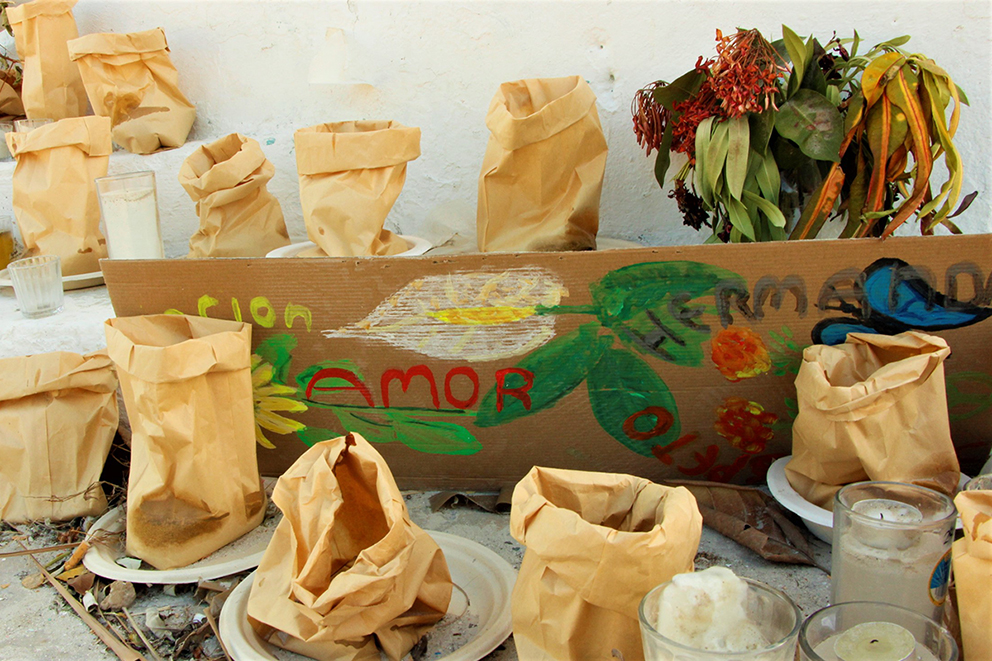
The search for justice
I keep thinking about the desperation she felt, the desire to get away. It torments me to think about what she went through. I wish I could turn back time, so that she never left, or call her so that she could come have a coffee.
Yolanda, Karla’s sister.
The only thing Yolanda wants is for justice, and for Karla’s belongings back: the seat of her taxi, her clothes and her wallet.
Even though there were some issues, the relationship she had with her sister was so close. She is at peace, she says, because they enjoyed every moment they could together. Now, her main worry is her nephew. Yolanda has three small children, but she says she won’t leave Karla’s son on his own. Even though she is calmer, there are days she breaks down, she’s afraid her nephew will leave: “I want to keep him in a glass box, but I can’t.”
Every now and then she replays an audio message from her sister, to feel her close. “She called me Tiburón (Shark). Sometimes, at one in the morning, she would come to my window and say ‘Tiburón, come have a coffee!’ She was more than my sister, she was my friend, a shoulder to lean on.”
Ayúdanos a sostener un periodismo ético y responsable, que sirva para construir mejores sociedades. Patrocina una historia y forma parte de nuestra comunidad.
Dona

